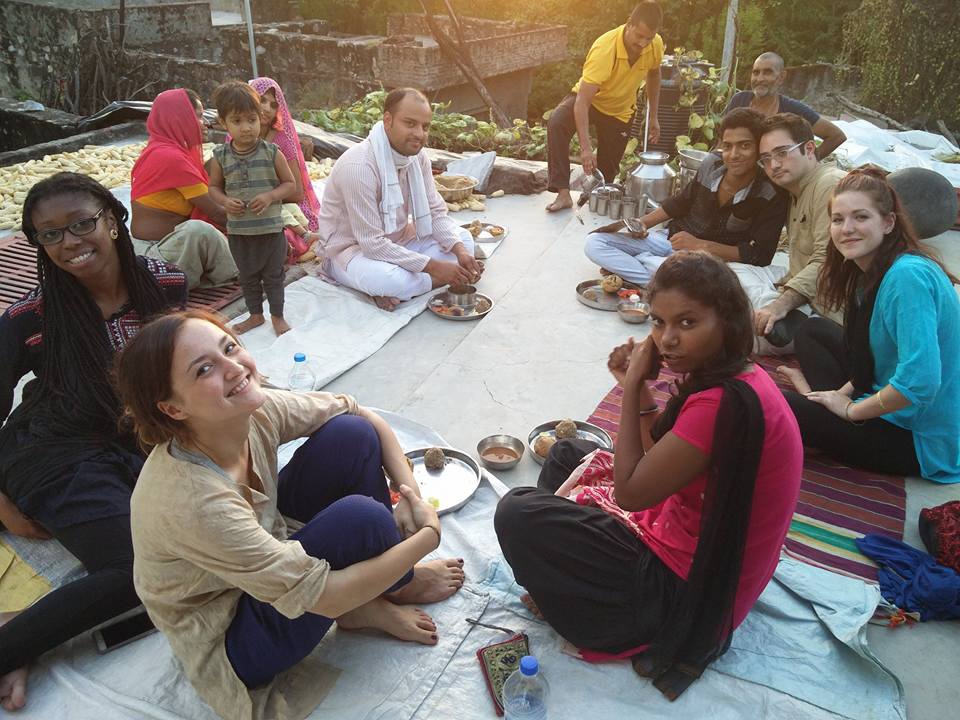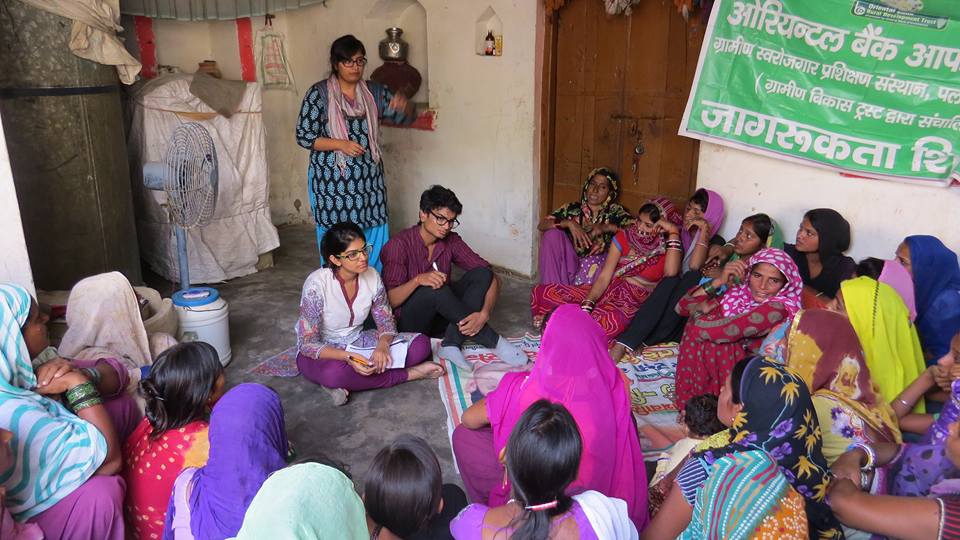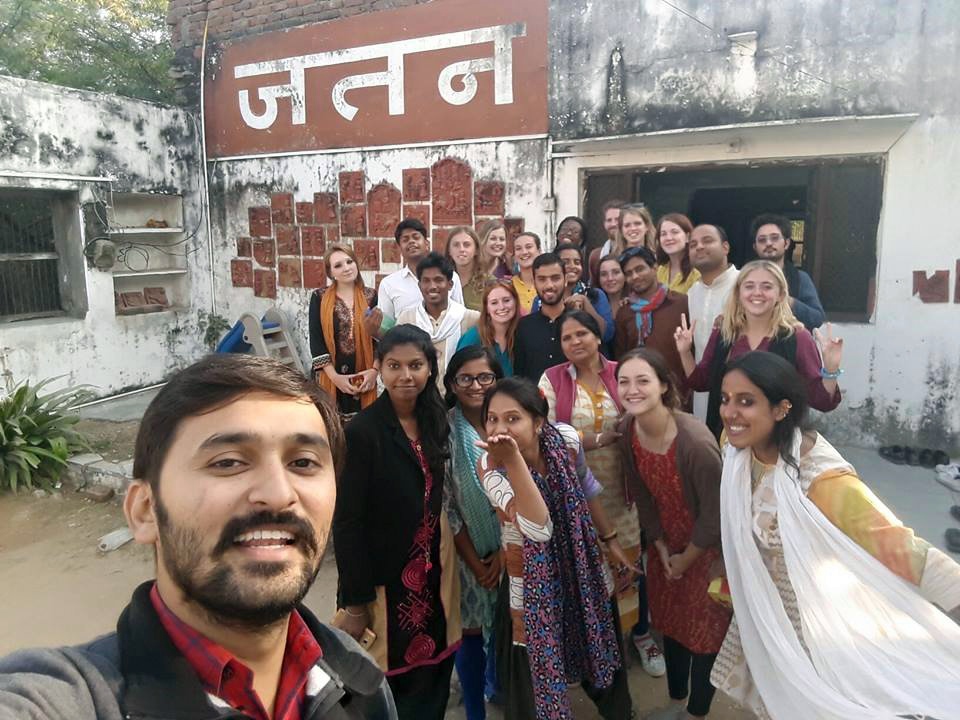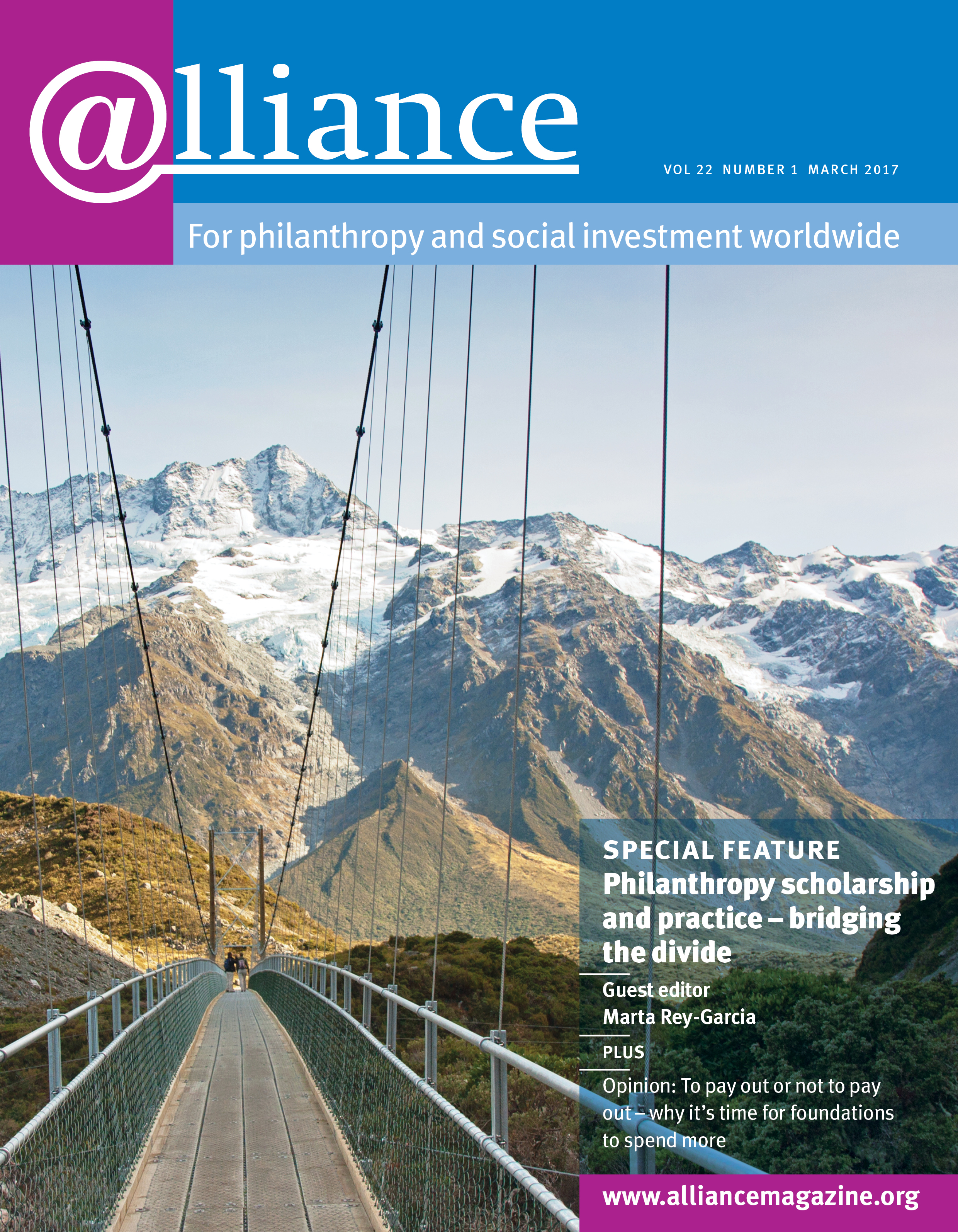If philanthropy education is at an embryonic stage in Europe, the concept is not yet seeded in India. That does not imply that philanthropy is not growing. It is. It is being driven by philanthropists, foundations and increasingly visible philanthropy management organizations. But the focus is on making philanthropy effective in addressing issues left by the free market rather than unravelling and addressing the complex structural issues of social justice. While there is focus on impact investment measurement models, the question of equity is feeble or silent in the philanthropy debate in India.
Education can help to address this want but, as it does so, it should recall that philanthropy is to do with people and that exalting analysis should not be at the expense of compassion.
The scope of philanthropy education goes beyond the models or management of philanthropy, to understand how it can potentially shift the power to the disenfranchised people to mobilize, lead and effect sustainable changes in the denial of rights, injustice and inequality.
The core values of empathy and compassion must drive the understanding of complexities in sustained change, so that the process of change is inclusive and equitable, and with the people for whom it matters the most at its centre.
There is a promising trend for Indian philanthropists, through their foundations, to support agencies that are facilitating the mechanics of philanthropy and to promote an academic discourse about it through their support of university-led initiatives. The study of philanthropy would be a natural outcome of a critical body of thought and practices of philanthropy that develop in the coming years in India.

Young interns sharing a local meal with their host family, in Rajasthan, India. Photo credit: Anjani Grover.
But as the ecosystem moves towards private investments and market-led practices to influence the social justice agenda, the challenge is to maintain the balance between results and empathy. The core values of empathy and compassion must drive the understanding of complexities in sustained change, so that the process of change is inclusive and equitable, and with the people for whom it matters the most at its centre.
The key questions are, how do we continue to invest in empathy building and nurturing among professionals, especially young practitioners, as they bring cutting-edge, game-changing practices for implementation and measurement into this domain? How do we ensure that being smart and results-oriented in social change is not a substitute for passion, resilience and empathy?

Youth facilitators conducting a session on business planning for rural women’s groups. Photo credit: Ankita Marwaha.
One promising approach in India is the emergence of immersive, experiential learning for young professionals wanting to experience first-hand, traditional social development changes. Learning journeys, experiential internships, gap years, youth leadership programmes and social mentoring platforms are some of the leading vehicles to build a culture of empathy among young people.
The key is to inspire young people across the fields of business, finance, law, literature, politics, science, arts and more to commit to these experiences and encourage their peers to experience the same. They are tomorrow’s philanthropists!

Group of volunteers from the International Citizen Service 2016, in front of their host organization Jatan in Rajasthan, India. Photo credit: Rajdeep S Chundawat.
From this experience might come the burning desire to change the world, joined with the wisdom to invest personal and professional resources drawn from the core values of empathy and respect for people they have shared a part of their lives with. And building compassion and empathy is not restricted to people working in the social development space.
What we should strive for is to bring down the walls between people who can effect change, and those whose rights must be guaranteed. Creating opportunities for immersive, experiential journeys could be the next agenda to introduce across disciplines and courses, as a precursor to philanthropy education in India.
Sumitra Mishra is country director, iPartner India. Email sumitra.mishra@ipartnerindia.org



Comments (0)